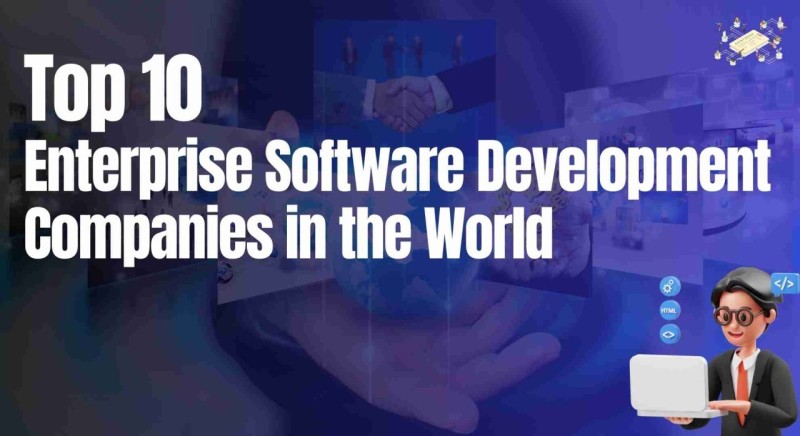An enterprise is a for-profit company founded and operated by an entrepreneur. And we frequently describe the owners of these companies as entrepreneurial. The word's origins are in the French verb entreprendre (from prendre), which means "to undertake." The Latin word "inter prehendere" (seize with the hand) is the source of the name.
Entrepreneurs typically launch their businesses with the intention of turning a profit, for a variety of reasons, including:
fixing issues: They believe they can resolve a specific problem that they observe.
Take use of concepts: They think their novel concept or product will succeed.
covering a void: They think they can close a gap in the market that they perceive.
competitive costs: They think they can create something more affordably and sell it for less money.
based on knowledge: when they think they can provide specialized information that clients are willing to pay for.
The Types of Enterprise

There are several kinds of business enterprises in the United Kingdom. Their organizational and legal ownership distinctions are what set companies apart from one another.
The Sole Proprietorship
These are the backbone of the market economy in the United Kingdom, despite frequently being the tiniest of businesses. These might be "trade" businesses like decorators and painters or single-unit retailers. And a lot of online businesses in the present period may be classified as belonging to this category: larger companies with a website and app, as well as smaller ones selling goods on Etsy or other such platforms.
The Partnership
A small group of people who share ownership and decision-making (as well as earnings) typically form partnerships. Certain businesses, like law firms, may allow each partner to contribute a specific area of expertise in order to broaden the scope of services offered. Senior and junior partners may be arranged in a hierarchy in certain situations.
The Private Limited Companies (Ltd.)
This kind of autonomous enterprise will have its own legal identity because it has been formed lawfully. It will have a group of investors that accept a restricted level of accountability for whatever debts the business accrues. The appropriate managers will be in charge of day-to-day operations, but those shareholders will designate directors to monitor the business's overall operations and decisions.
The Public Limited Companies (PLC)
PLCs, which are sometimes mistaken for private limited corporations, are distinct in that the company's shares are available for sale to the public. In order to accomplish this, they must fulfill a number of legal and regulatory requirements pertaining to the company's financial stability, account transparency, trading history, and other matters. The ability to offer shares to the general public can help raise money for projects like expansion.
The Distinction Between an Entrepreneur and a Capitalist
The easiest way to describe the distinction between these two positions is to say that an entrepreneur is the person or people who founds a new company or startup, handles the majority of the labor, and assumes the risk, whereas a capitalist, while also taking on risk, mostly provides the necessary funding.
The firm is owned by the entrepreneur, and it is financed by capitalists. As payment for their labor (and ideas), entrepreneurs gain profits; capitalists receive interest on the money they have contributed. Nonetheless, the investor could occasionally ask for equity in the form of a portion of the company.
What is a type of enterprise software?

The amount of work required to manage your company may appear daunting to a novice business owner. Additionally, it is initially impractical to hire specialized employees to handle certain commercial activities. This is where automation and corporate software come into play.
Enterprise software, often known as enterprise application software, is a program or suite of programs that provides you with a multidisciplinary approach to solving the numerous tasks that are in front of you. It can handle anything that can be handled, including your security and accountancy. Numerous business tools are available to you with enterprise software, such as:
- CRM
- Billing
- ERP (Enterprise Resource Planning)
- Business Intelligence
- Human Resources
- Online Payment Processing
- Enterprise Content Management
- IT Service Management
- Email Marketing
Connection
Regardless of the scale of your business, effective communication is essential to everything you do, whether it's with clients or coworkers. For the past six years, RingCentral's corporate communications platform has been the Gartner UCaaS Magic Quadrant Leader.
RingCentral promises the fastest uptime of any provider (99.999%), the most user-friendly interface for system management, and the fastest onboarding of new customers globally in a matter of minutes. Additionally, all of your staff may connect easily regardless of the devices they use.







